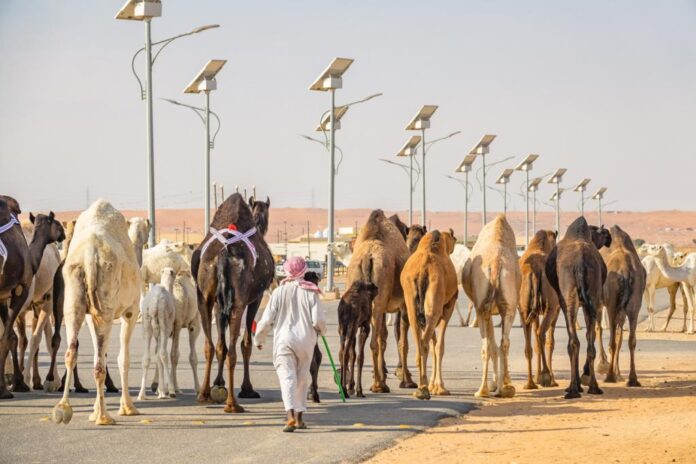According to World Health Organization (WHO), Saudi Arabia reported new and fresh Middle East respiratory syndrome coronavirus (MERS-CoV) cases from August through February 2022.
The United Nations Health agency reported that the country also recorded four fresh deaths from MERS infections during the period. The Household also contacted the six patients who tested negative for the infection.
The disease ‘respiratory’ was first recognized in 2012 in Saudi Arabia. Last year, in the midst of the COVID-19 epidemic, the virus reappeared after nine years.
According to the global health organization’s August 2021 bi-annual bulletin, the country had 11 new MERS illnesses and two fatalities from January to July 2021.
According to WHO data, 2,585 cases have been reported worldwide, with 891 fatalities as a result. According to the health authorities, the illness has a 35% case fatality rate.
The cases were centred on the Arabian Peninsula, with the exception of an outbreak in May 2015, when South Korea and China reported 186 cases and 38 fatalities, according to WHO.
The six new cases were spread over three regions, four in Riyadh and one each in Hafar Albatin and Taif- which were also the hotspot area of the region last year in 2021.
However, there were no new or fresh cases reported this year, but the global health organization recorded one death in the first month of this year.
MERS is a zoonotic disease that usually travels from dromedary camels to humans. The infected camels have been quarantined, the country’s agriculture ministry said.
WHO reported in its April 2022 bi-annual report:
“The notification of the six cases does not change the overall risk assessment. WHO hopes that additional cases of MERS-CoV infection will be reported from the Middle East and/or other countries where MERS-CoV is circulating in dromedary camels.”
The international health organization said that MERS-CoV cases had dropped ever since COVID-19 hit in late 2019, just like other infectious diseases. The dip has been attributed to decreased testing due to the reallocation of resources to fight the ongoing pandemic.
Strong leadership is an important tool to mitigate a possible outbreak, said WHO, encouraging member states not to let their guards down. It also reflects the need to strengthen infection, prevention and control measures in order to prevent human-to-human transmission in healthcare settings.
MERS-CoV belongs to the same family of viruses that causes COVID-19. The disease symptoms are fever, cough, shortness of breath, pneumonia gastrointestinal symptoms (including diarrhoea), WHO said.
According to the World Health Organization (WHO), the infection can cause asymptomatic, symptomatic, and severe acute respiratory illness and mortality.

